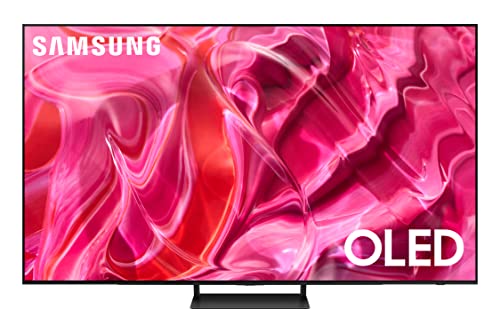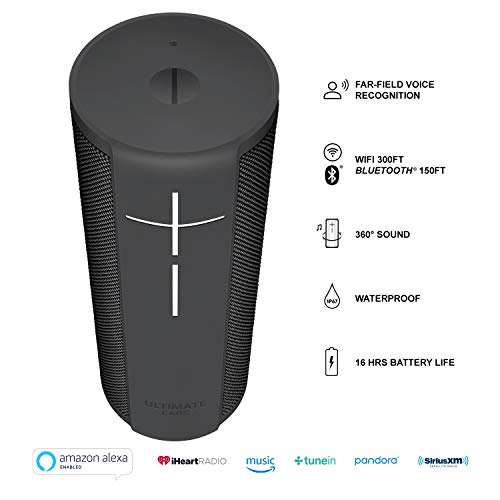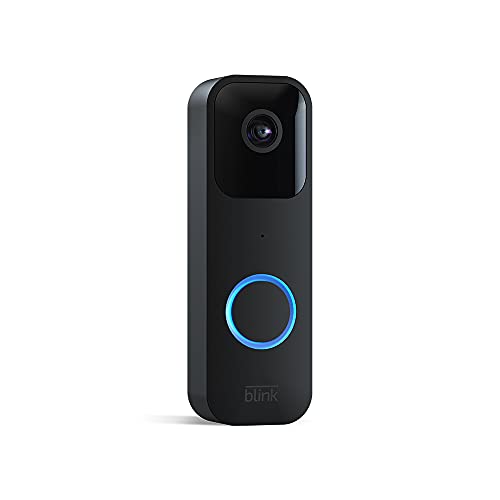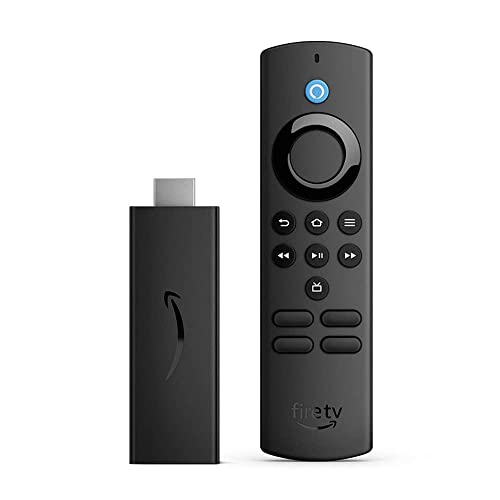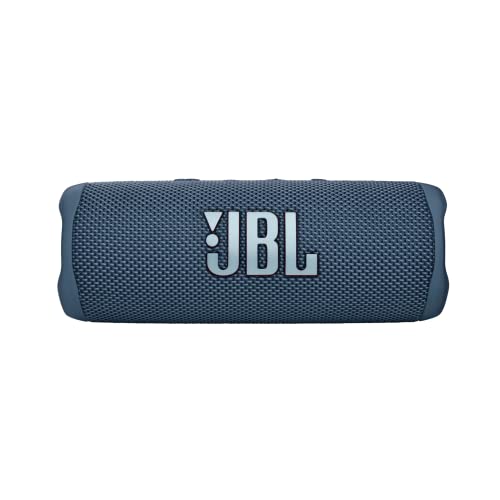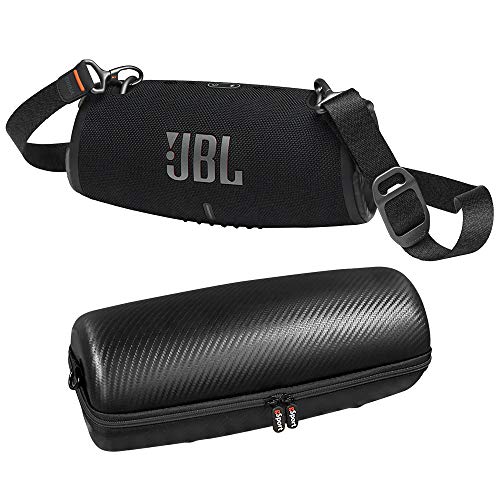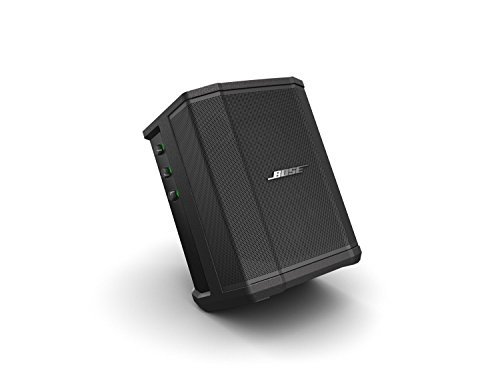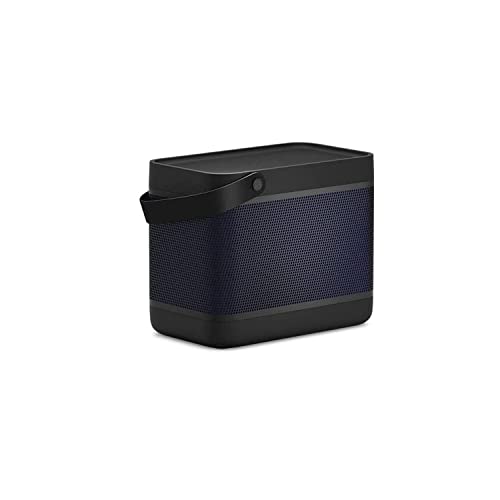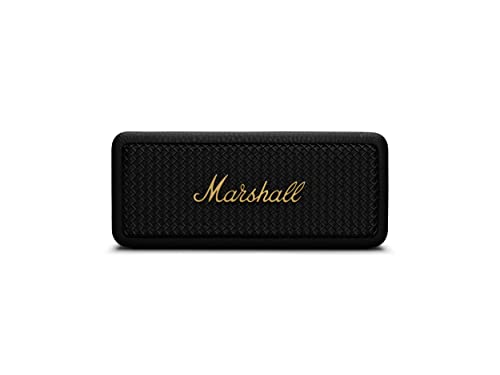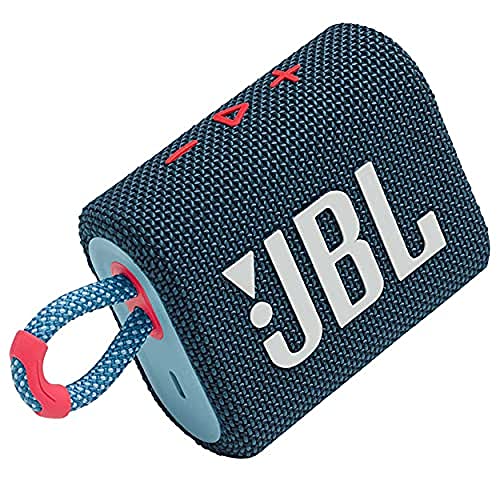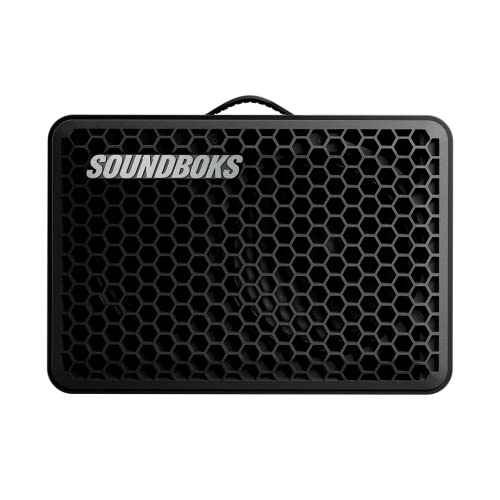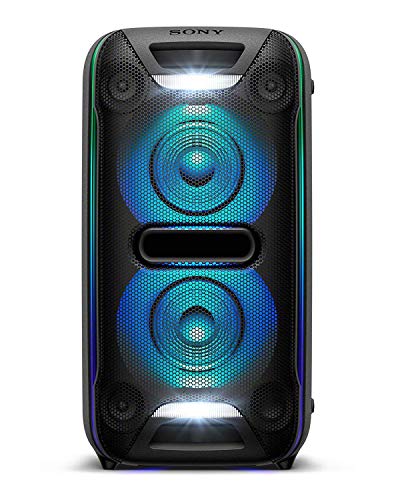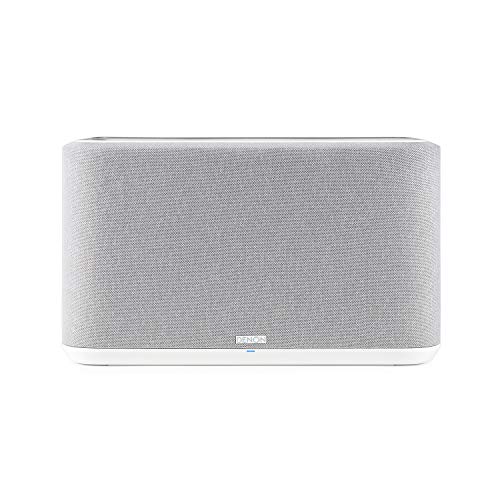So you lug your new speaker home from the store, rip open the box, and find there’s no wire to connect the audio signal to the amp. Unfortunately, even the best speakers often don’t come with the necessary wire, leaving it up to you to find one. And it’s at this point that owners usually have to figure out what gauge wire for speakers is needed.
KEY TAKEAWAYS:
- The standard speaker wire gauges are 12, 14, 16, and 18.
- Gauges are used to measure electrical resistance,
- Thicker cables have a lower gauge and should be used with speakers and amps with lower impedance, while thinner cables marked with a higher gauge should be used with speakers and amps with higher impedance.
Moreover, additional troubleshooting may be needed, especially if your speakers are cutting out or your speakers are buzzing.
And if you are considering bringing bass to your life, you can check out our article that explains what a subwoofer does.
How to Choose Speaker Wire
Insider Tip
Remember that some speaker wire comes with connectors and some do not. Check your stereo amplifier terminals before buying to see what kind of connector it accepts.
Unless you’re connecting wireless speakers to your TV, it’s essential to understand how wires are measured when choosing speaker wires. The standard unit of wire measurement is known as the American Wire Gauge (AWG Wire). There are many sizes of wire, but the proper gauges commonly used with speakers are 12, 14, 16, and 18 gauge — and the smaller the number, the thicker the wire. It may seem counterintuitive for the lower gauge to be the thicker wire, but it’s better to think of a gauge of speaker wire to measure resistance.
Resistance is the metric used to calculate how much electrical current flows through the wire. And it makes sense that the lower the resistance, the more electrical power will pass through the wire. Therefore, a lower gauge wire indicates a lower resistance, giving more power.
For more speaker information, you can also check out our informational article that explains what a soundbar is, the basics of a speaker, and the types of speakers to buy.
What’s the Right Type of Wire for Your Speaker?
To understand what type of wire you need for your speaker, you’ll have to figure out the speaker’s nominal impedance and how long your wire run will be. Speaker impedance measures the speaker or audio amplifier’s resistance to an electrical current. So, once you figure out the impedance (measured by Ohms), you can adequately estimate what wire you’ll need. For more info on Ohms, check out our article covering what does ohms mean in speakers.
For low-impedance speakers (low being a 4- or 6-Ohm load) or cable runs over 50 feet, you should consider going with a thicker wire, such as 12 or 14 gauge.
For high-impedance (8-Ohm speakers) or shorter speaker runs (under 50 feet), it is best to use 16-Gauge wire. Thinner wires, like 18-gauge, can also be used, but this size is typically used for lower-powered appliances and not so much for speakers.
Warning
If using a thicker speaker wire than needed for an application, the excess voltage can cause heat resistance which can ruin the equipment and potentially cause fires.
F.A.Q.S
What qualities make for good speaker cables?
The main thing to look for is a proper gauge resistance that matches your need and provides the best possible audio signal.
What is an OFC speaker wire?
OFC stands for “oxygen-free copper.” Theoretically, it’s supposed to be a more pure form of copper conductor that increases the electrical signal and, therefore, increases sound quality.
Is there an audible difference heard with a more expensive speaker wire?
It’s tough to detect a difference. When installing speaker wire, the main thing to worry about is if you have the correct cable thickness and wire length needed for your setup. These affect sound quality the most.
STAT: There are over 40 gauges of wire, and each diameter has its difference in performance. (source)
REFERENCES:
- https://www.crutchfield.com/S-dC80johJoSt/learn/learningcenter/home/speakers_wire.html
- https://wickwirewarehouse.com/the-importance-of-wire-gauge/
- https://www.systoncable.com/choosing-wire-gauge-ofc-audio-speaker-wire/r
- https://www.youtube.com/watch?v=atwAOZ6pFqE
- https://www.youtube.com/watch?v=u9wGoQ2KGkU

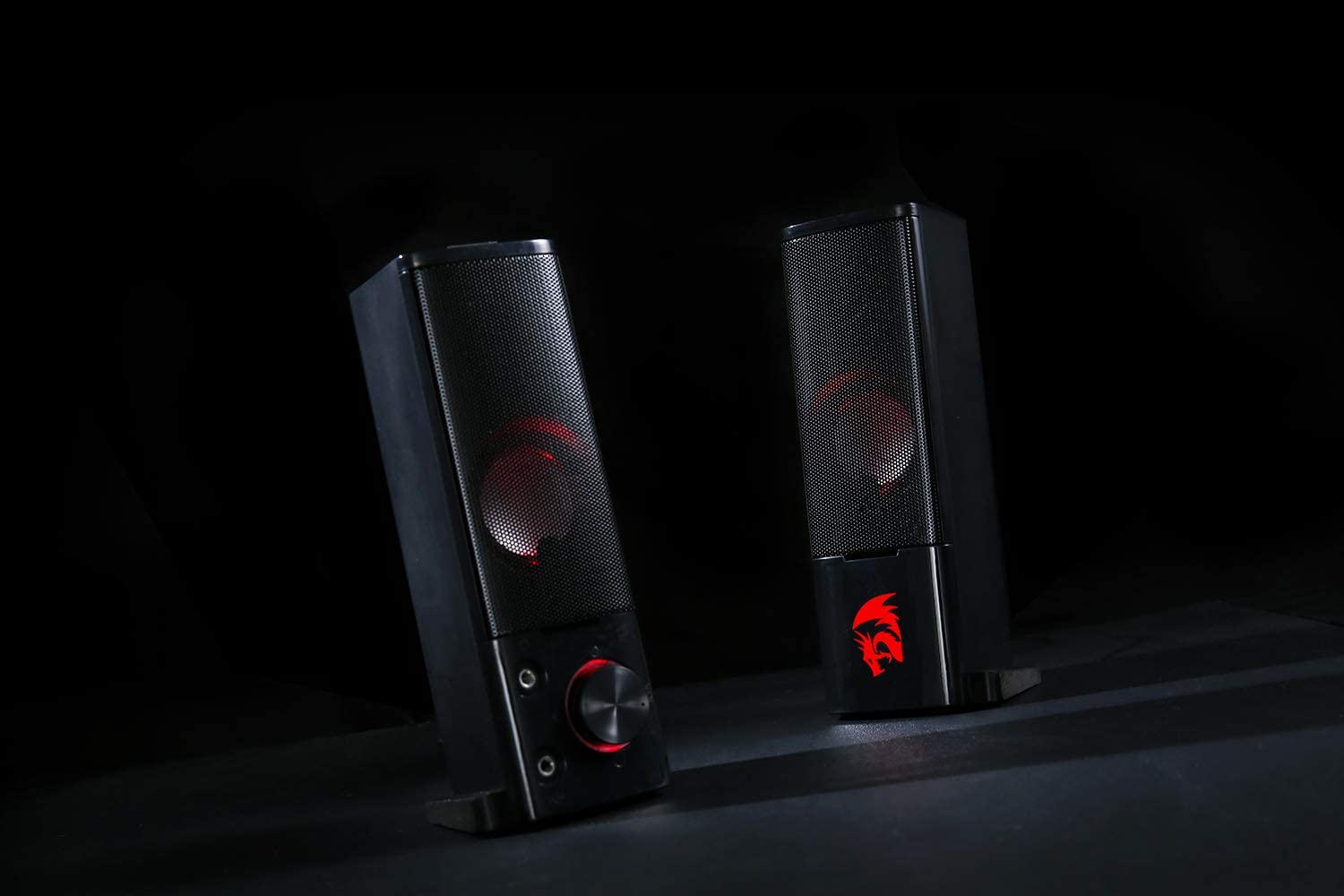













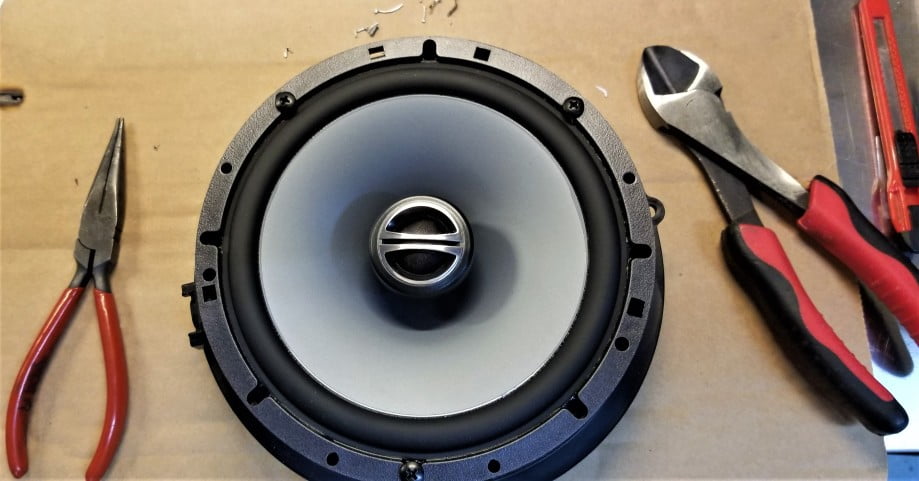
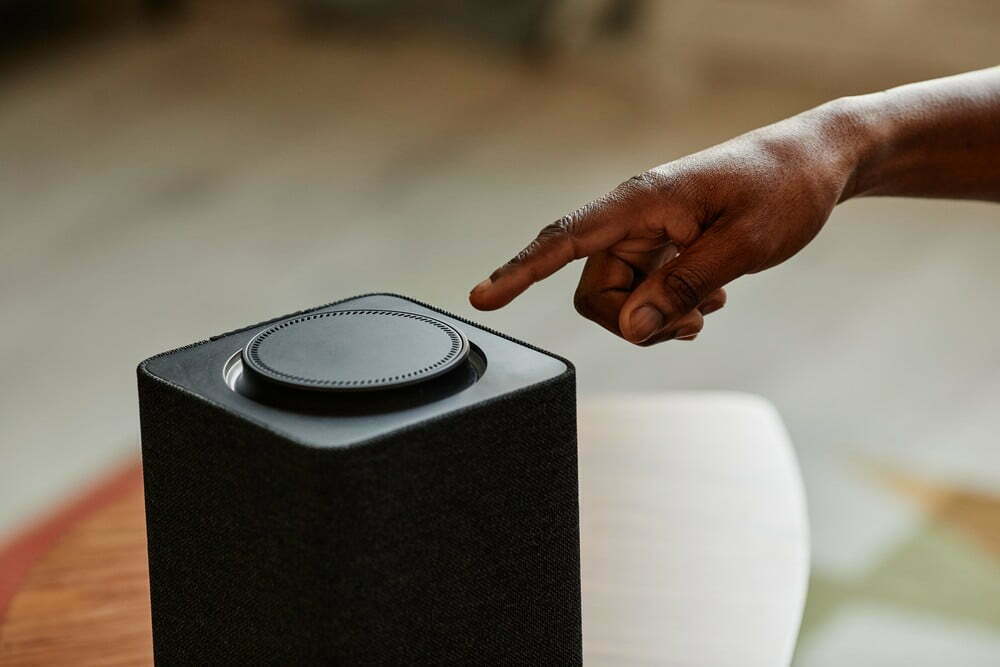
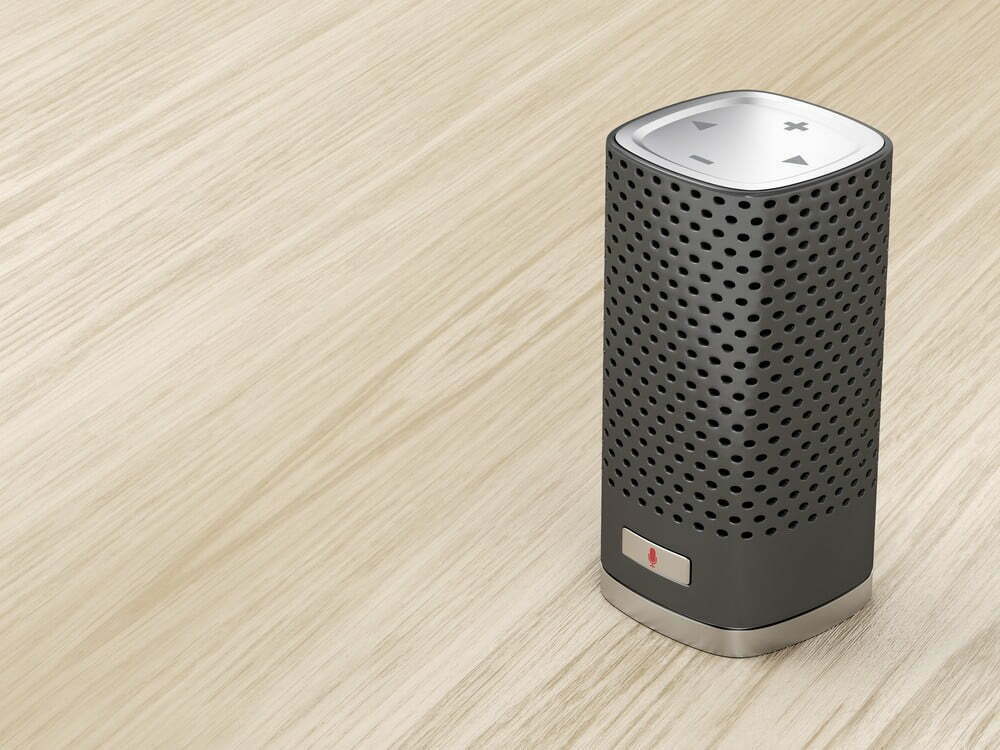


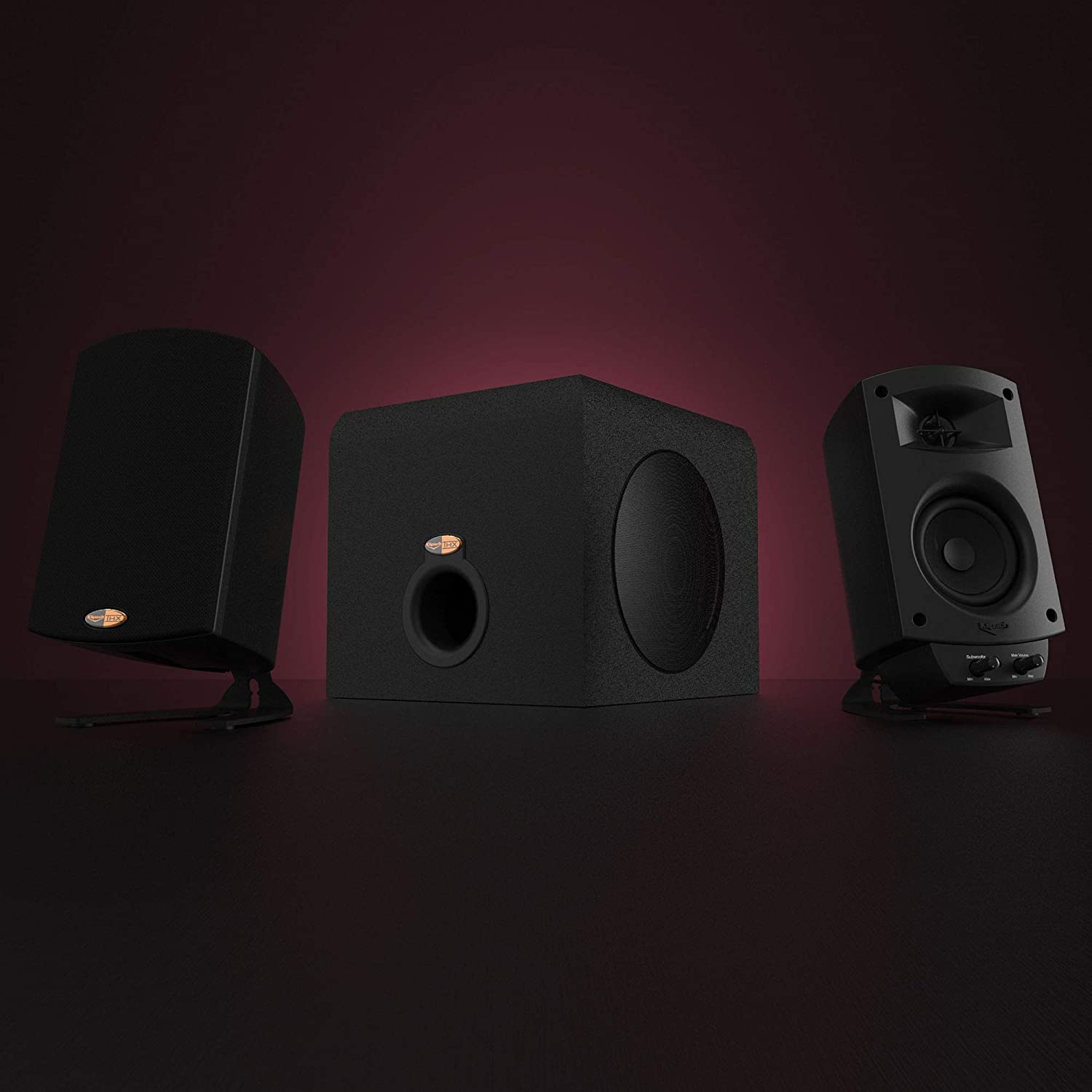
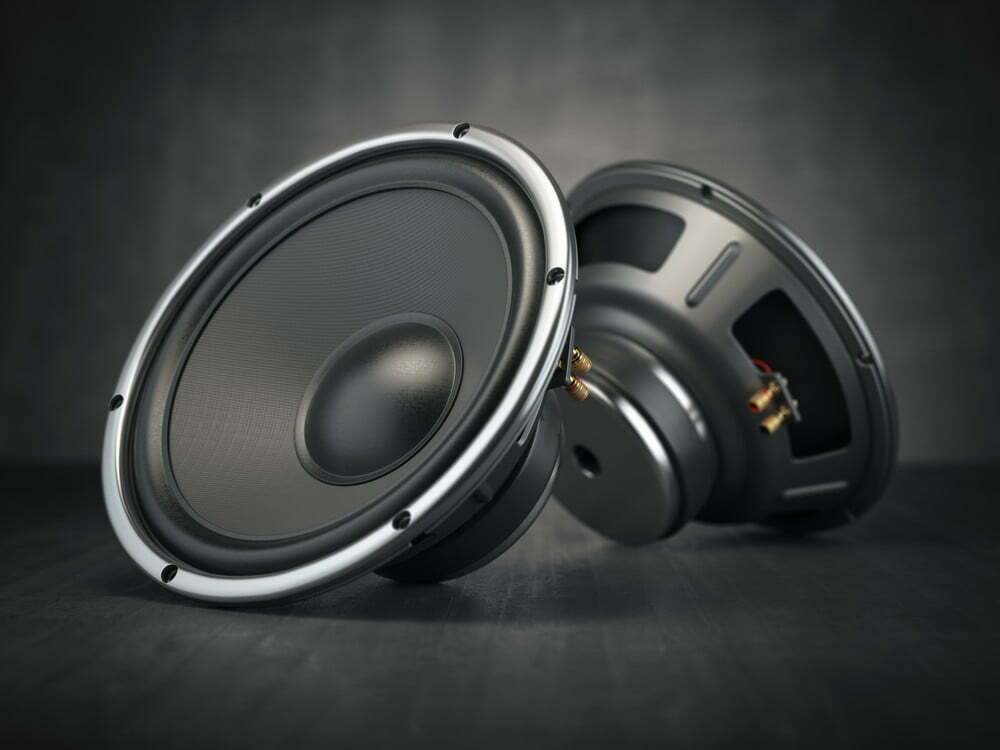
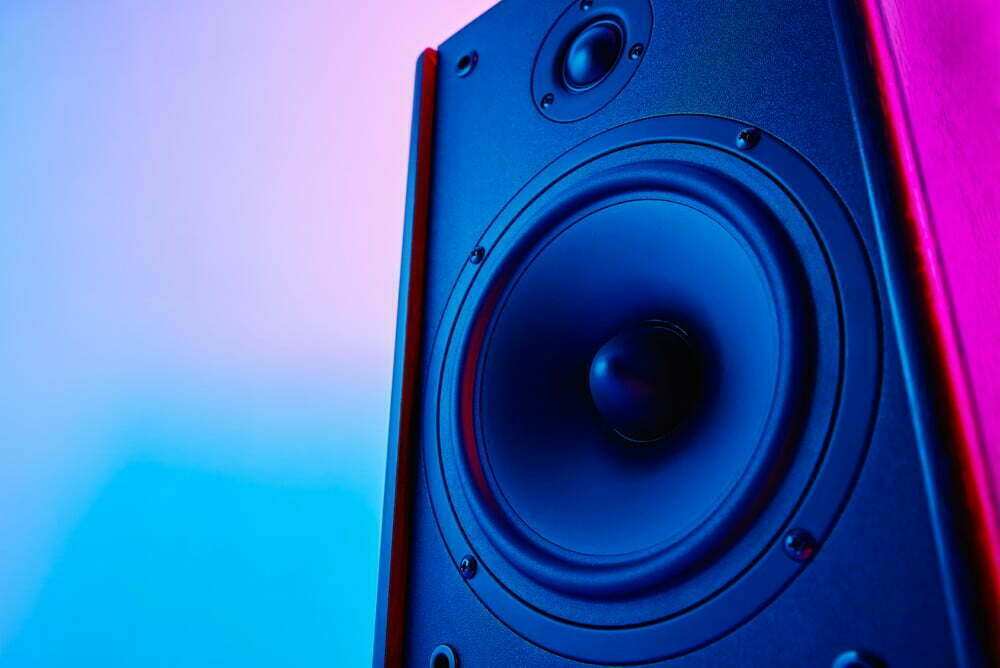
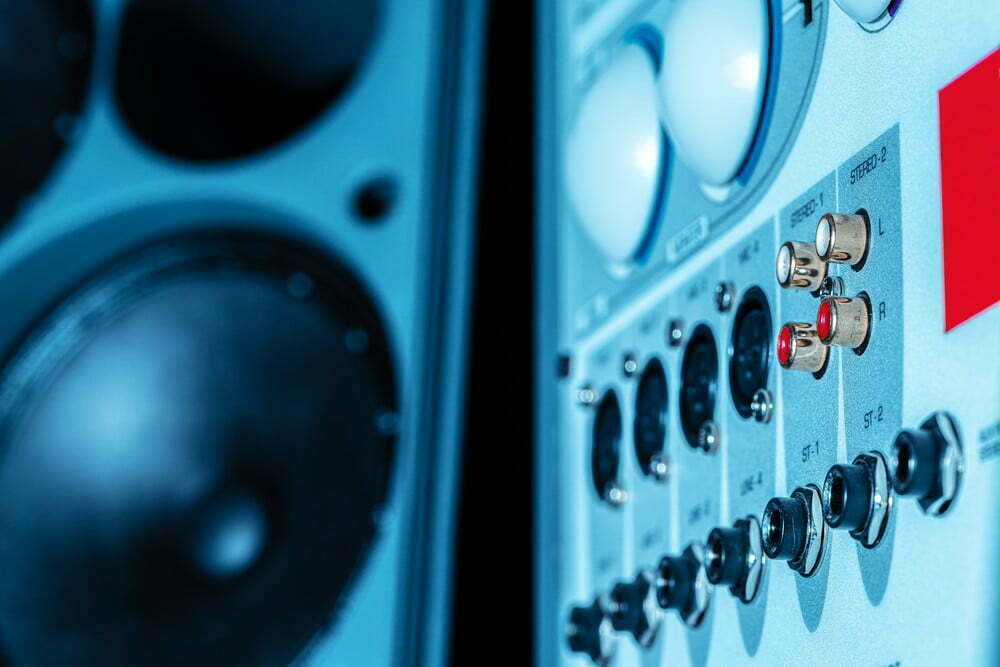

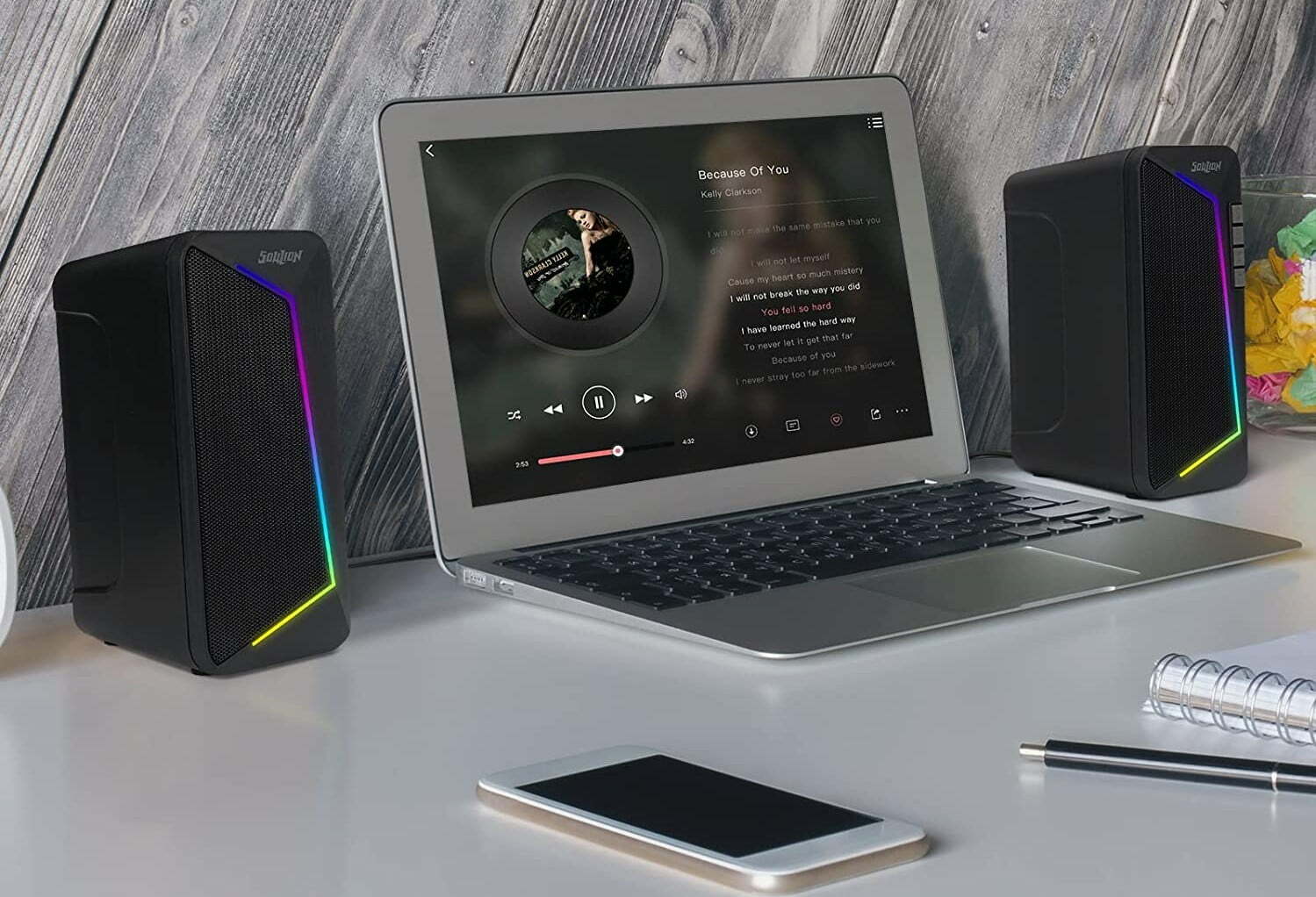
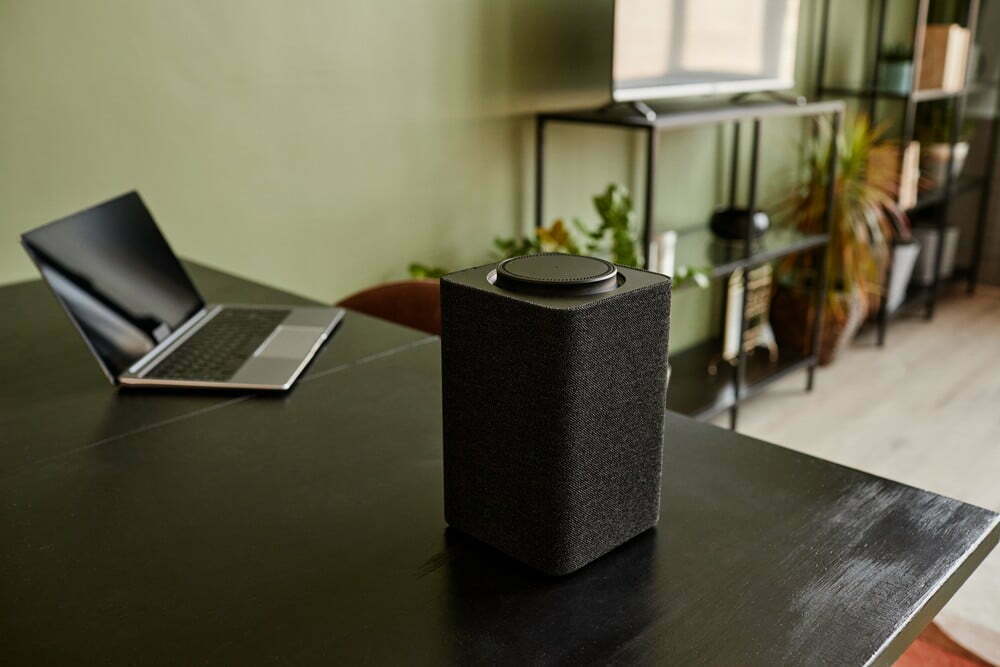

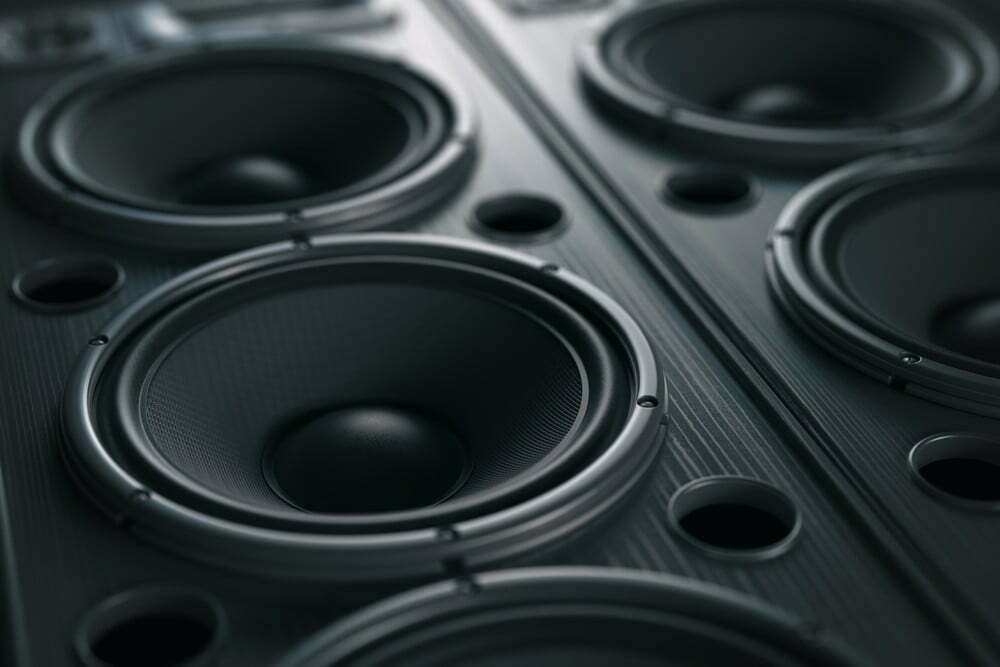
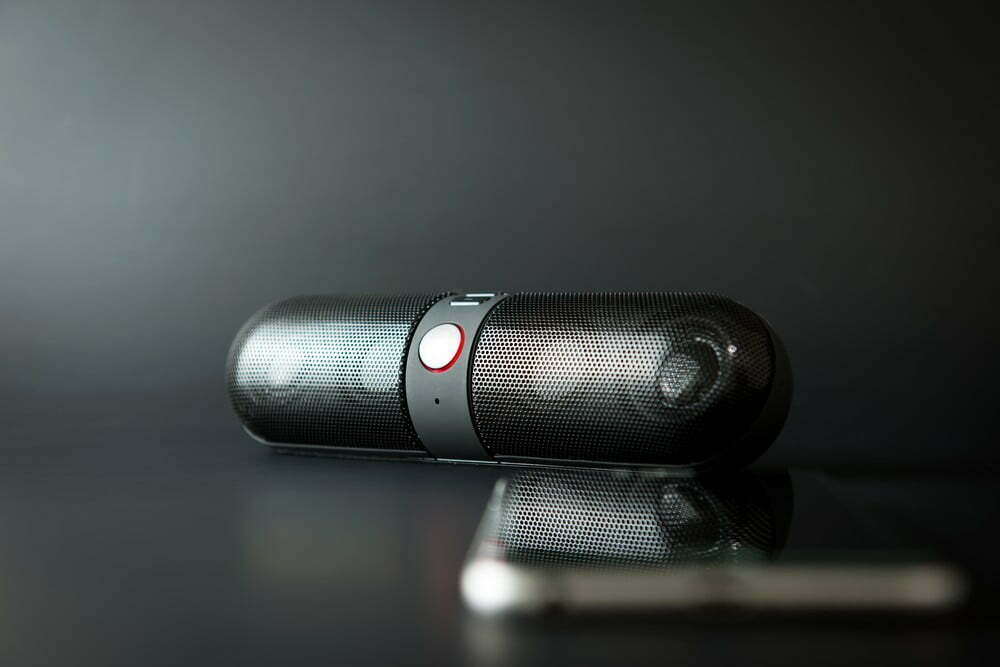
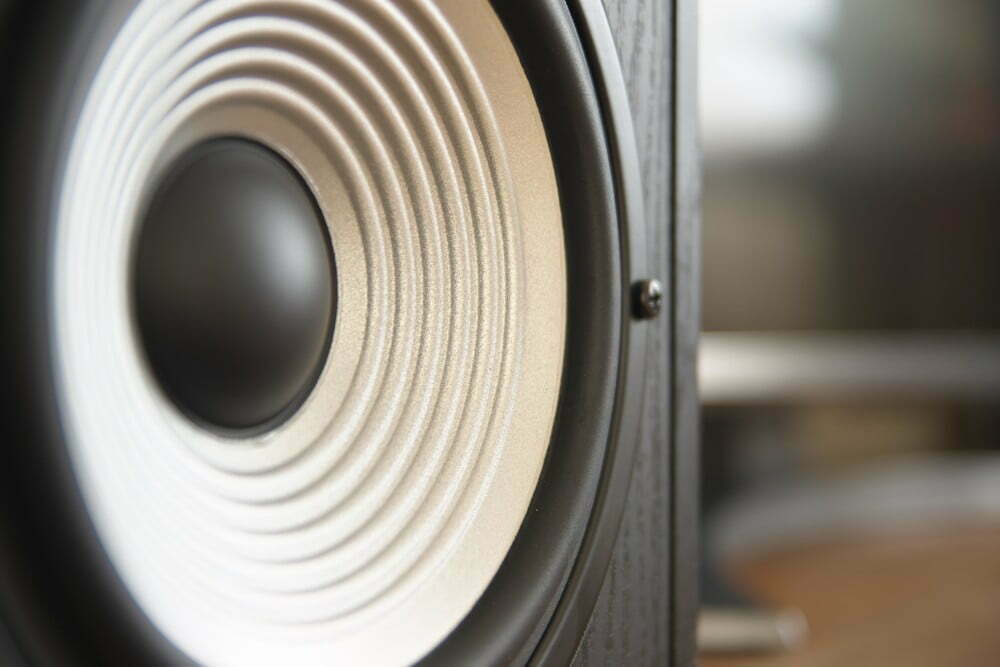

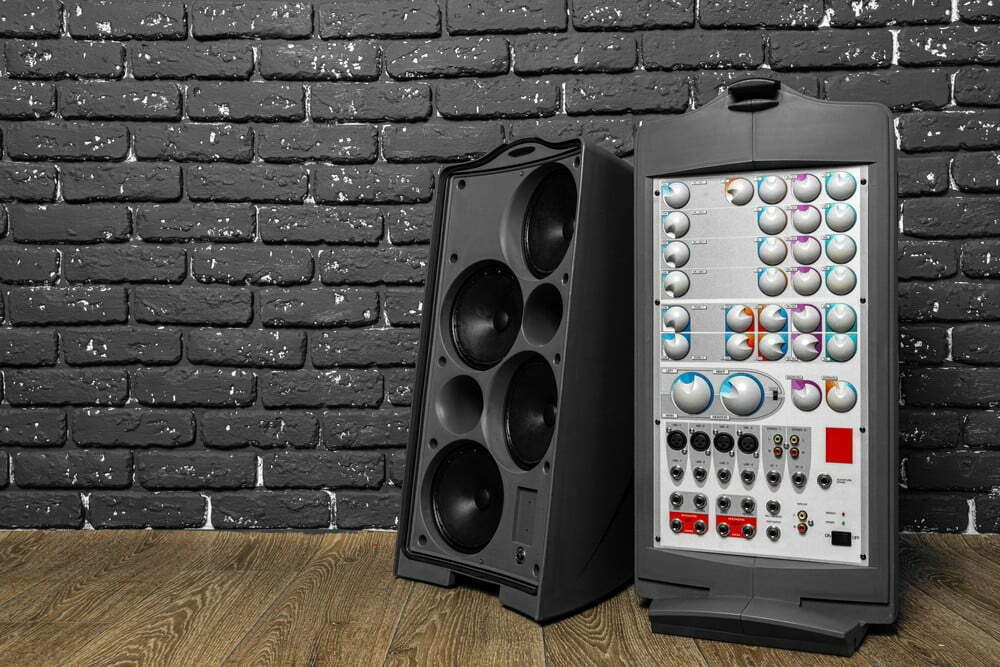
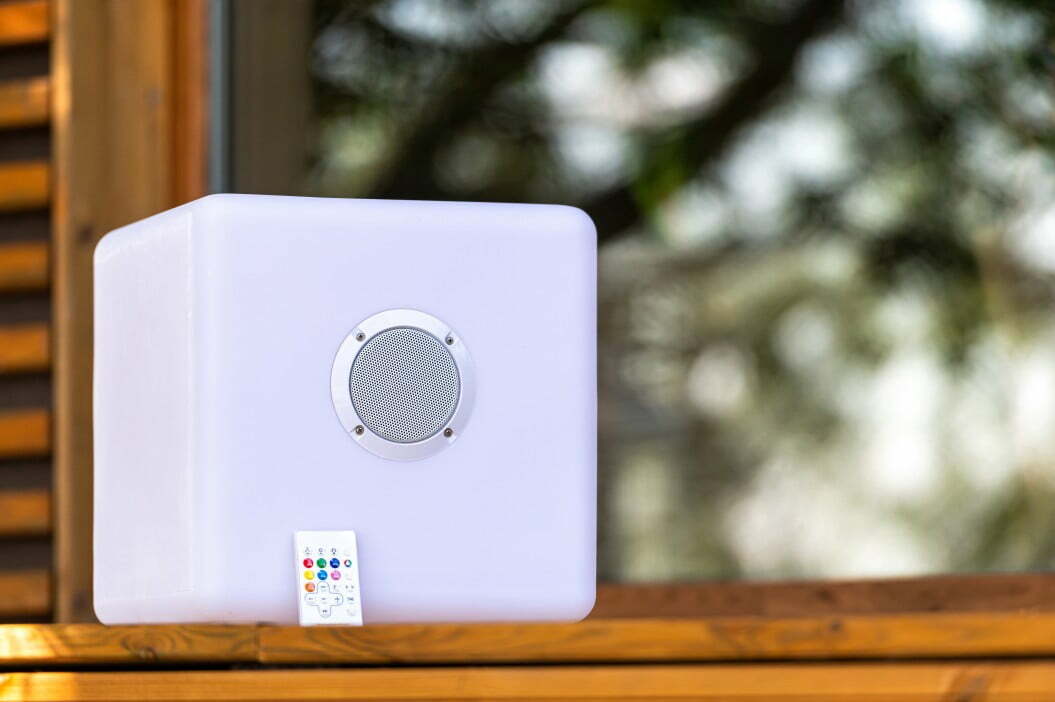
![Best Powered Speakers in [year] 27 Best Powered Speakers in 2026](https://www.gadgetreview.dev/wp-content/uploads/best-powered-speakers-image.jpg)
![Best Stereo Speakers in [year] 28 Best Stereo Speakers in 2026](https://www.gadgetreview.dev/wp-content/uploads/best-stereo-speakers-image.jpg)
![Best SoundBar in [year] ([month] Reviews) 29 Best SoundBar in 2026 (January Reviews)](https://www.gadgetreview.dev/wp-content/uploads/best-soundbar-image.jpg)
![Best Subwoofers in [year] ([month] Reviews) 30 Best Subwoofers in 2026 (January Reviews)](https://www.gadgetreview.dev/wp-content/uploads/best-subwoofer-image.jpg)
![Best TableTop Radio in [year] ([month] Reviews) 31 Best TableTop Radio in 2026 (January Reviews)](https://www.gadgetreview.dev/wp-content/uploads/best-tabletop-radios-image.jpg)
![Best 8 Inch Subwoofers in [year] 32 Best 8 Inch Subwoofers in 2026](https://www.gadgetreview.dev/wp-content/uploads/best-8-inch-subwoofer-image.jpg)
![Best Surround Sound Systems in [year] 33 Best Surround Sound Systems in 2026](https://www.gadgetreview.dev/wp-content/uploads/best-surround-sound-system-image.jpg)
![Best Laptop Speakers in [year] 34 Best Laptop Speakers in 2026](https://www.gadgetreview.dev/wp-content/uploads/best-laptop-speakers-image.jpg)
![Best Wireless Surround Sound Speakers in [year] 35 Best Wireless Surround Sound Speakers in 2026](https://www.gadgetreview.dev/wp-content/uploads/best-wireless-surround-sound-image.jpg)
![Best Bose Speakers in [year] 36 Best Bose Speakers in 2026](https://www.gadgetreview.dev/wp-content/uploads/best-bose-speakers-image.jpg)
![Best Home Stereo Systems in [year] 37 Best Home Stereo Systems in 2026](https://www.gadgetreview.dev/wp-content/uploads/best-home-stereo-system-image.jpg)
![Best WiFi Speakers in [year] 38 Best WiFi Speakers in 2026](https://www.gadgetreview.dev/wp-content/uploads/best-wifi-speakers-image.jpg)
![Best Wireless Home Theater Systems in [year] 39 Best Wireless Home Theater Systems in 2026](https://www.gadgetreview.dev/wp-content/uploads/best-wireless-home-theater-system-image.jpg)
![Best Party Speakers in [year] 40 Best Party Speakers in 2026](https://www.gadgetreview.dev/wp-content/uploads/best-party-speakers-image.jpg)
![Loudest Bluetooth Speakers in [year] 41 Loudest Bluetooth Speakers in 2026](https://www.gadgetreview.dev/wp-content/uploads/loudest-bluetooth-speaker-image.jpg)
![Best Car Speakers for Bass in [year] 42 Best Car Speakers for Bass in 2026](https://www.gadgetreview.dev/wp-content/uploads/best-car-speakers-for-bass-image.jpg)
![Best Marine Speakers in [year] 43 Best Marine Speakers in 2026](https://www.gadgetreview.dev/wp-content/uploads/best-marine-speakers-image.jpg)
![Best JBL Speakers in [year] 44 Best JBL Speakers in 2026](https://www.gadgetreview.dev/wp-content/uploads/best-jbl-speakers-image.jpg)
![Best Home Theater Speakers in [year] 45 Best Home Theater Speakers in 2026](https://www.gadgetreview.dev/wp-content/uploads/best-home-theater-speakers-image.jpg)
![Best Waterproof Speakers in [year] 46 Best Waterproof Speakers in 2026](https://www.gadgetreview.dev/wp-content/uploads/best-waterproof-speaker-image.jpg)


